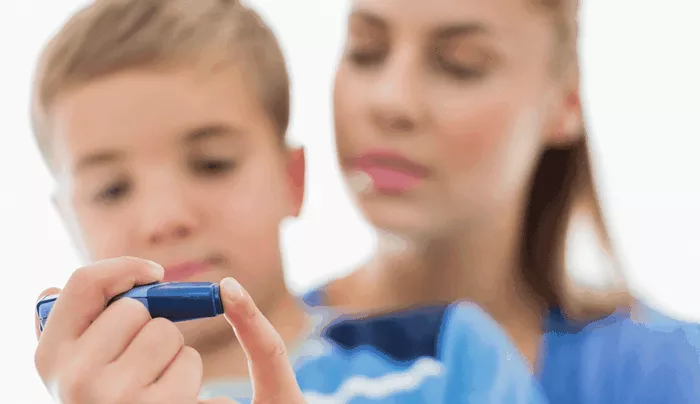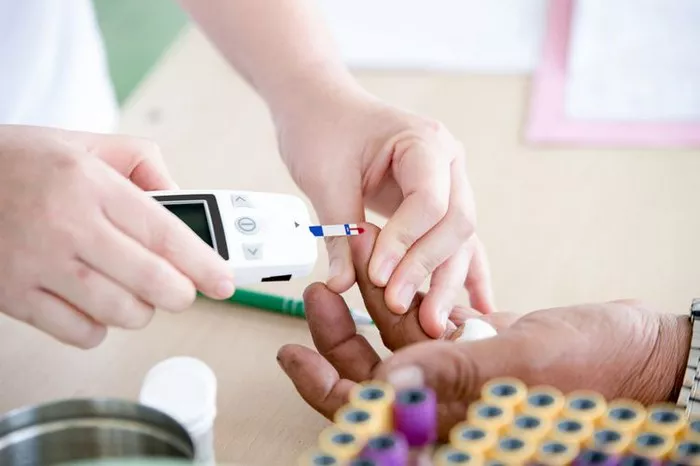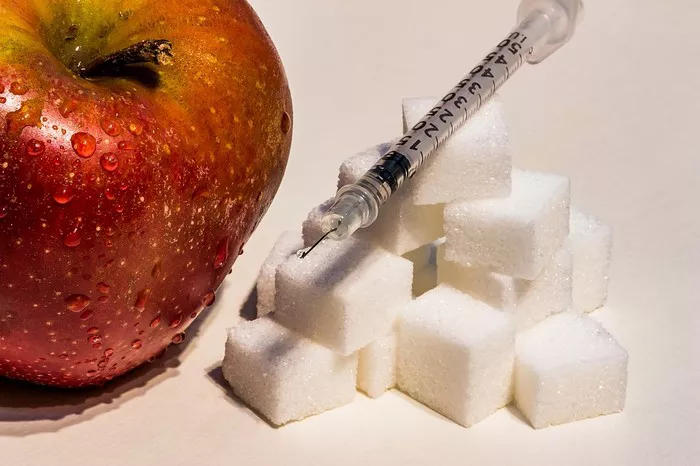Hypoglycemia, characterized by abnormally low blood sugar levels, is a critical concern for individuals managing diabetes or other metabolic conditions. Alcohol consumption, often a social or recreational activity, can significantly impact blood sugar levels and increase the risk of hypoglycemia. In this article, we explore the intricate relationship between alcohol and hypoglycemia, examining its mechanisms, risks, and management strategies.
Explanation of Hypoglycemia
Hypoglycemia occurs when blood sugar levels fall below 70 milligrams per deciliter (mg/dL), leading to symptoms such as sweating, shakiness, confusion, rapid heartbeat, and hunger. Left untreated, hypoglycemia can progress to severe complications, including loss of consciousness, seizures, and coma.
Impact of Alcohol on Blood Sugar Levels
Alcohol initially raises blood sugar levels by suppressing the liver’s release of glucose. However, once the liver’s glycogen stores are depleted, alcohol inhibits gluconeogenesis, the process by which the liver produces glucose. Consequently, blood sugar levels can plummet, leading to hypoglycemia.
Mechanism of Action
Alcohol metabolism produces acetate, which competes with glucose for oxidation in the liver. This competition reduces the production of glucose, contributing to decreased blood sugar levels and the onset of hypoglycemia.
Timing and Amount of Alcohol Consumption
The risk of alcohol-induced hypoglycemia varies based on factors such as the amount of alcohol consumed, the type of alcohol, and the individual’s overall health and tolerance. Heavy or binge drinking significantly increases the risk of hypoglycemia, especially in individuals with diabetes.
Interaction with Diabetes Medications
Alcohol can interact with medications used to manage diabetes, such as insulin or sulfonylureas. It can potentiate the effects of these medications, increasing the risk of hypoglycemia, particularly if alcohol is consumed without food or in excessive amounts.
Symptoms and Risks
Recognizing the symptoms of hypoglycemia is crucial for prompt intervention. Symptoms include sweating, shakiness, confusion, rapid heartbeat, and hunger. Untreated hypoglycemia can lead to severe complications, including loss of consciousness, seizures, and coma.
Prevention and Management
To prevent alcohol-induced hypoglycemia, individuals should moderate their alcohol consumption, consume food while drinking to stabilize blood sugar levels, and monitor blood sugar levels closely, especially those with diabetes. Additionally, seeking guidance from healthcare providers before consuming alcohol is essential, as they can offer personalized recommendations based on individual health status and medication regimen.
Consultation with Healthcare Provider
Individuals with diabetes or other medical conditions prone to hypoglycemia should consult their healthcare providers before consuming alcohol. Healthcare providers can provide tailored advice and recommendations to minimize the risk of hypoglycemia and ensure safe alcohol consumption practices.
Conclusion
Alcohol consumption can significantly impact blood sugar levels and increase the risk of hypoglycemia, posing a serious concern for individuals managing diabetes or other metabolic conditions. By understanding the mechanisms, risks, and management strategies associated with alcohol-induced hypoglycemia, individuals can make informed decisions about alcohol consumption and prioritize their health and well-being. Seeking guidance from healthcare providers is essential to mitigate the risk of hypoglycemia and ensure safe alcohol consumption practices.
Related Topics:
Can Hypoglycemia Turn Into Diabetes?

























